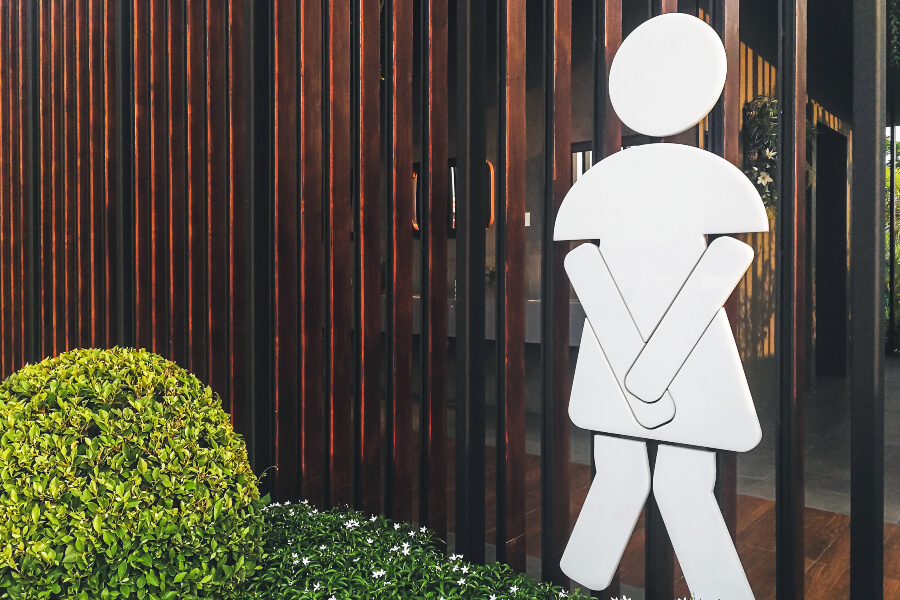To come to this conclusion, researchers in Finland looked at 2,240 twins in two age groups: Those between 21 and 42 years of age and those between 50 and 76. One twin was male, one female. Using the epigenetic clock, a biochemical test used to measure age, the scientists compared each person’s chronological age to how old the epigenetic clock said they are biologically. Four different epigenetic clocks were used to get the most accurate estimation of biological age. Researchers also assessed each participant’s education level, BMI, and habits like smoking, drinking, and physical activity.
The difference may be explained, for example, by sex differences in genetic factors and the beneficial effects of the female sex hormone estrogen on health.
Using the clocks, the researchers found that men were biologically older than women, and the difference increased with calendar age, even when accounting for lifestyle. “We found men are biologically older than women of the same chronological age, and the difference is considerably larger in older participants,” Anna Kankaanpaa, lead author of the study, told Yahoo News. “We observed a sex difference in aging pace, which was not explained by lifestyle-related factors.”
Read More: Sexism & Ageism Alert: Was She Fired Because of Her Gray Hair?
Women Aging Slower: Balancing the Scales?
The study author said that when comparing male-female twins, the male was about one year biologically older than his sister in his 20s and four years in his 50s. “These pairs have grown in the same environment and share half of their genes,” said Kankaanpaa. “The difference may be explained, for example, by sex differences in genetic factors and the beneficial effects of the female sex hormone estrogen on health.” Another potential factor: BMI, the researchers said. Men tend to be more overweight than women.
On average, women have outlived men since the invention of the wheel; there were no actuarial tables back then but we’re surmising here. But the gap in life expectancy is narrowing. In the 1970s, women outlived men by nearly a decade. Today, life expectancy in the U.S. is 81 years for women and 77 for men. (Ah, the four year gap again!) One potential explanation, the Finnish scientists point out: Fewer men are smoking than in decades past.
We’re happy to learn about this scientific development because in a way it balances the scales a bit, considering how women are held to a higher standard than men when it comes to aging. Wrinkles and gray hair are often seen as distinguished on a man, yet on a woman, they’re freak-out worthy. It also lends credence to our belief that at this age, single women should be dating younger men. Thank you Finland for proving our point.
Read More: Going Natural: What to Expect When You Let Your Hair Go Gray





















0 Comments